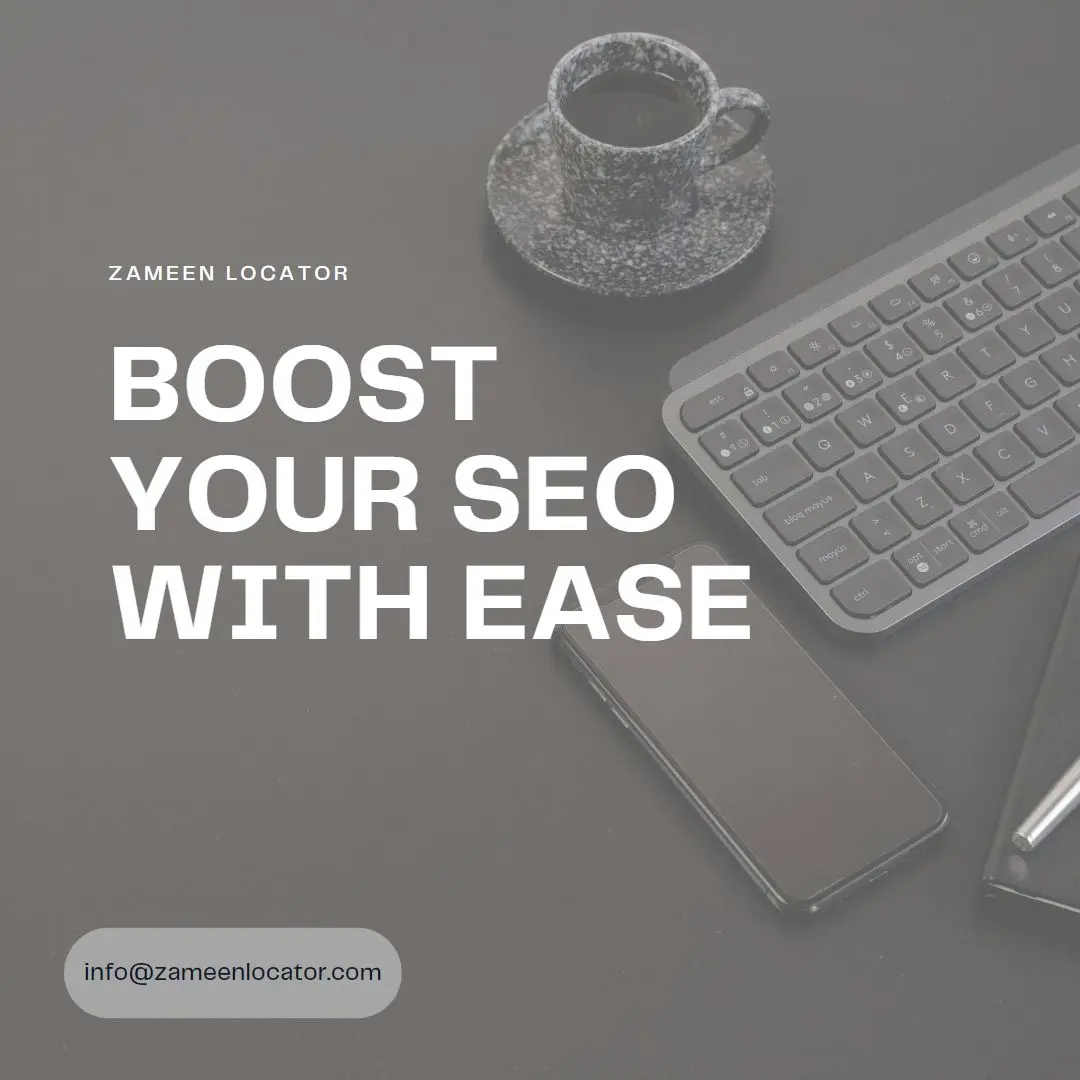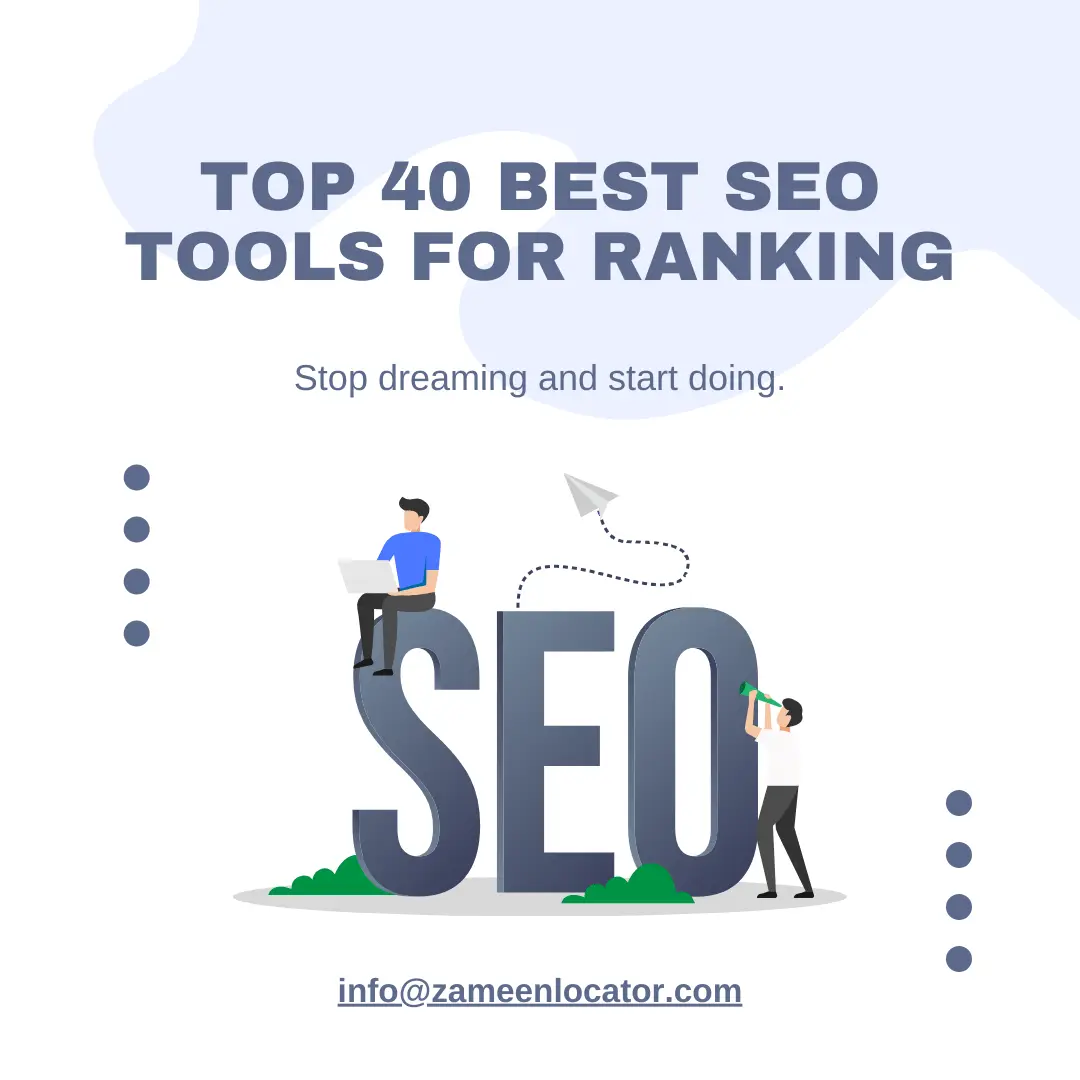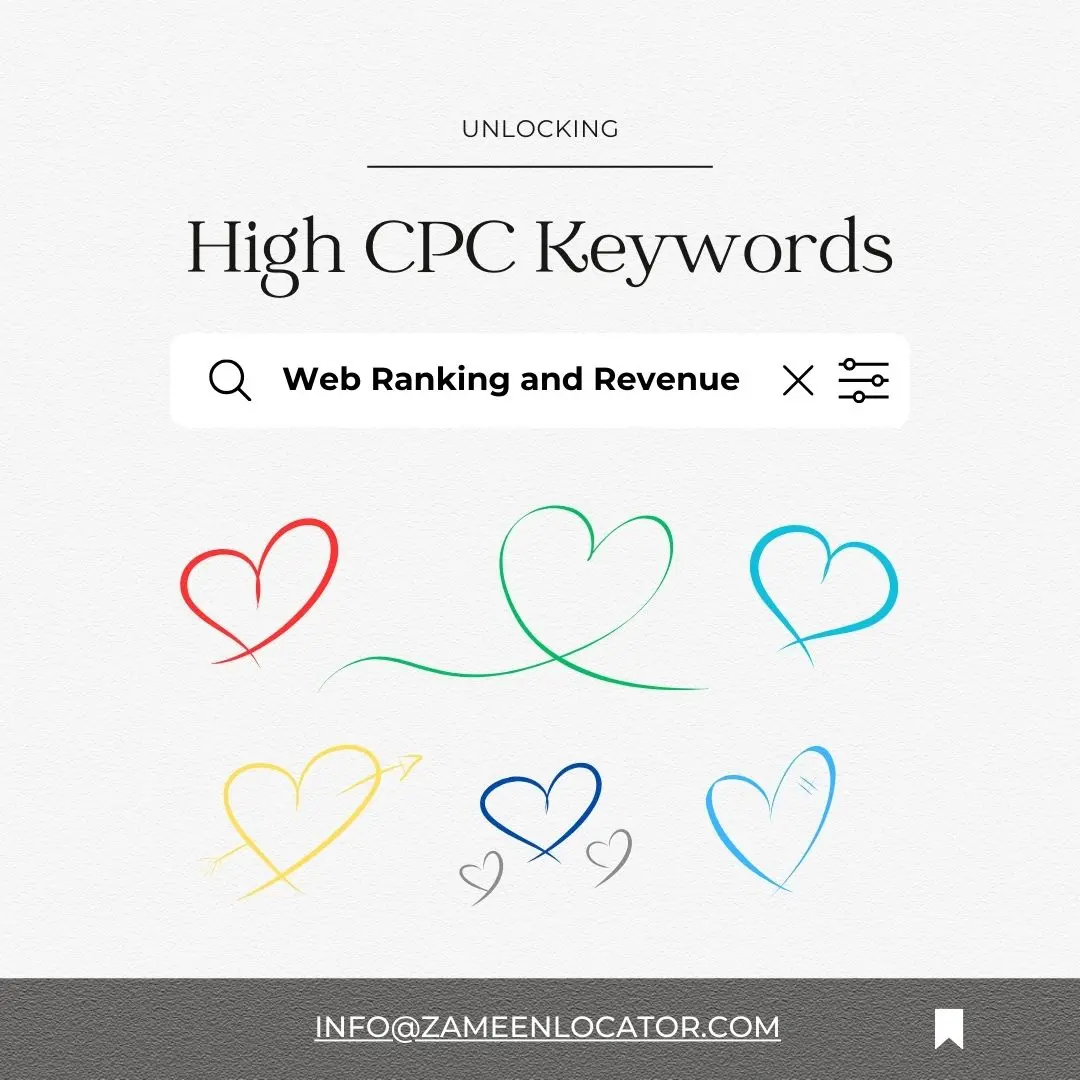
The Power Of SEO A Complete Guide: How SEO Can Help Your Business Succeed
-
Introduction:
- In today's digital landscape, the importance of online visibility cannot be overstated. Businesses of all sizes are leveraging the power of Search Engine Optimization (SEO) to enhance their online presence, attract more customers, and drive growth. This comprehensive guide will explore the fundamentals of SEO, its benefits, and actionable strategies to help your business succeed.
-
What is SEO?
- Search Engine Optimization (SEO) is the practice of improving the visibility and ranking of a website or web page in search engine results pages (SERPs). By optimizing various aspects of your website, you can increase organic (non-paid) traffic from search engines like Google, Bing, and Yahoo.
-
Why SEO Matters for Your Business
-
1. Increased Visibility
- SEO helps your website rank higher in search engine results, making it more visible to potential customers. When your site appears on the first page of search results, it is more likely to be clicked on by users searching for related keywords.
-
2. Credibility and Trust
- Websites that rank higher in search results are often perceived as more credible and trustworthy by users. Effective SEO strategies, such as high-quality content and authoritative backlinks, contribute to building your website's reputation.
-
3. Cost-Effective Marketing
- Compared to traditional advertising methods, SEO is highly cost-effective. While it requires an initial investment, the long-term benefits of increased organic traffic and visibility far outweigh the costs.
-
4. Better User Experience
- SEO involves optimizing your website for both search engines and users. This includes improving site speed, mobile-friendliness, and easy navigation. A better user experience leads to higher engagement, longer visit durations, and lower bounce rates.
-
5. Competitive Advantage
- In a competitive market, businesses that invest in SEO are more likely to outperform their competitors. By consistently optimizing your website, you can stay ahead of the competition and attract more customers.
-
Key Components of SEO
-
1. Keyword Research
- Keyword research is the foundation of any successful SEO strategy. It involves identifying the search terms your target audience uses to find products or services similar to yours. Tools like Google Keyword Planner, Ahrefs, and SEMrush can help you discover relevant keywords with high search volumes and low competition.
-
2. On-Page SEO
- On-page SEO refers to optimizing individual web pages to improve their search engine rankings. Key elements of on-page SEO include:
- Title Tags:
- Use relevant keywords in your title tags to describe the content of your pages.
- Meta Descriptions:
- Write compelling meta descriptions that encourage users to click on your links in search results.
- Header Tags:
- Organize your content with header tags (H1, H2, H3) to make it easy to read and understand.
- Content Quality:
- Create high-quality, informative, and engaging content that addresses the needs of your audience.
- Internal Linking:
- Link to other relevant pages on your site to improve navigation and help search engines understand your content.
-
3. Off-Page SEO
- Off-page SEO focuses on activities outside your website that can improve your search engine rankings. The primary element of off-page SEO is building high-quality backlinks from reputable websites. Other strategies include social media marketing, influencer outreach, and guest blogging.
-
4. Technical SEO
- Technical SEO involves optimizing the technical aspects of your website to ensure it is easily crawlable and indexable by search engines. Key components of technical SEO include:
- Site Speed:
- Ensure your website loads quickly to provide a better user experience.
- Mobile-Friendliness:
- Optimize your site for mobile devices to reach a wider audience.
- XML Sitemap:
- Create and submit an XML sitemap to help search engines index your site more efficiently.
- Robots.txt:
- Use a robots.txt file to control which pages search engines should crawl and index.
-
5. Local SEO
- Local SEO is crucial for businesses that serve specific geographic areas. It involves optimizing your website for local search terms and ensuring your business appears in local search results. Key strategies include:
- Google My Business:
- Claim and optimize your Google My Business listing with accurate information and positive reviews.
- Local Keywords:
- Include local keywords in your content and meta tags.
- NAP Consistency:
- Ensure your business name, address, and phone number (NAP) are consistent across all online directories.
-
Measuring SEO Success
- To measure the success of your SEO efforts, track key metrics using tools like Google Analytics and Google Search Console. Important metrics to monitor include:
- Organic Traffic:
- The number of visitors coming to your site from search engines.
- Keyword Rankings:
- The positions of your target keywords in search results.
- Bounce Rate:
- The percentage of visitors who leave your site after viewing only one page.
- Conversion Rate:
- The percentage of visitors who complete desired actions, such as making a purchase or filling out a contact form.
- Backlinks:
- The number and quality of external links pointing to your site.
-
Conclusion
- SEO is a powerful tool that can significantly impact your business's online presence and success. By understanding the key components of SEO and implementing effective strategies, you can increase your website's visibility, attract more customers, and achieve long-term growth. Start investing in SEO today and unlock the potential of your business in the digital world.
-
Frequently asked questions (FAQs)
-
1. How Dose SEO Affect My Website's Visibility ?
- Search engine optimization (SEO) is an important tool to help your website achieve visibility and better rankings on search engine result pages. SEO focuses on optimizing the content of your website, the structure of your website, and the backlinks from other websites pointing to your website. By improving these elements, your website will be more likely to appear higher in search engine result pages, thus increasing website visibility. Additionally, SEO also helps to make your website more attractive to search engine crawlers, enabling them to index your website more easily and accurately. With a well-optimized website, you can expect more visitors to your website, which can lead to more sales, leads, and brand recognition.
-
2. What Strategies Can i Use to Improve My SEO?
- One of the most important strategies to improve SEO is to use relevant keywords. When creating content for your website, make sure to use keywords that are relevant to your topic and that are popular with search engines. Additionally, create content that is useful to your audience and that answers their questions. This will help your content rank higher in search engine results. Additionally, use SEO tools such as Google Analytics and keyword research tools to help you identify high-quality keywords and phrases to use in your content. Finally, make sure to link to other relevant websites and content, both internally and externally, to increase your website’s credibility and SEO. By following these strategies, you can improve your SEO and increase your website’s visibility.
-
3. How Frequently Should i Update My Website's Content to Boost SEO ?
- Frequent content updates are key to a successful SEO strategy. It's important to stay on top of your website's content and make sure it is as fresh and relevant as possible. When making changes to your website's content, it is important to consider how it will impact your SEO. Make sure your content is optimized for search engines and that it is engaging and informative for your target audience. You should aim to update your website's content at least once a month, but more frequent updates would be even better. Additionally, consider adding new content such as blog posts, infographics, videos, or other interesting content to keep your visitors engaged. By regularly updating your website's content, you can ensure that your website will rank higher in search engine results and attract more visitors.
-
4. What Are Some of the Most Important SEO Ranking Factors?
- Search engine optimization (SEO) is a major component of any successful digital marketing strategy. SEO is a complex process that involves a variety of factors that search engines use to determine a website’s ranking. Some of the most important SEO ranking factors include the quality and quantity of your content, the optimization of your website’s HTML and meta tags, the presence of external links, the loading speed of your website, and the relevance of your content to the query. Additionally, the frequency and quality of backlinks to your website are important for SEO rankings. It is also important to consider how user-friendly your website is and whether it is optimized for mobile devices. Properly implemented SEO techniques can help your website rank higher in search engine results and attract more organic traffic.
-
5. How Can I Measure My Website's SEO Performance ?
- To measure your website’s SEO performance, you should track a few key metrics. These include organic search traffic, visitor behavior, website speed, and keyword rankings. Organic search traffic, which is the number of visitors to your site from search engines, is an important indicator of SEO performance. Visitor behavior, such as how long people stay on your website and what pages they visit, can also give you insight into the effectiveness of your SEO efforts. Website speed is also vital for SEO performance, as slow loading pages can lead to lower rankings and fewer visitors. Lastly, tracking your page’s keyword rankings is essential to understand how well your SEO efforts are working. By tracking all of these metrics, you can get a better understanding of how your website is performing in terms of SEO and make adjustments where necessary.












